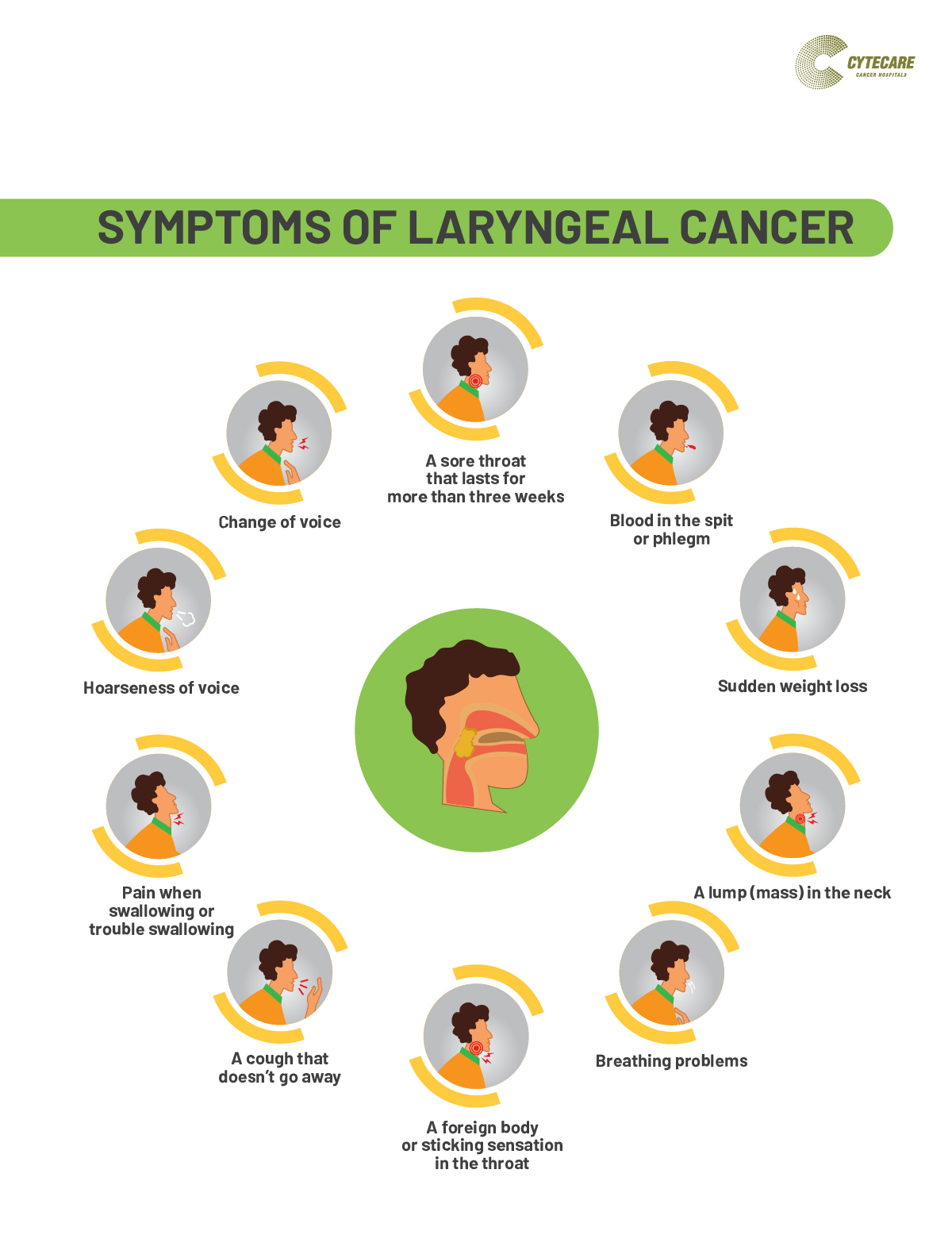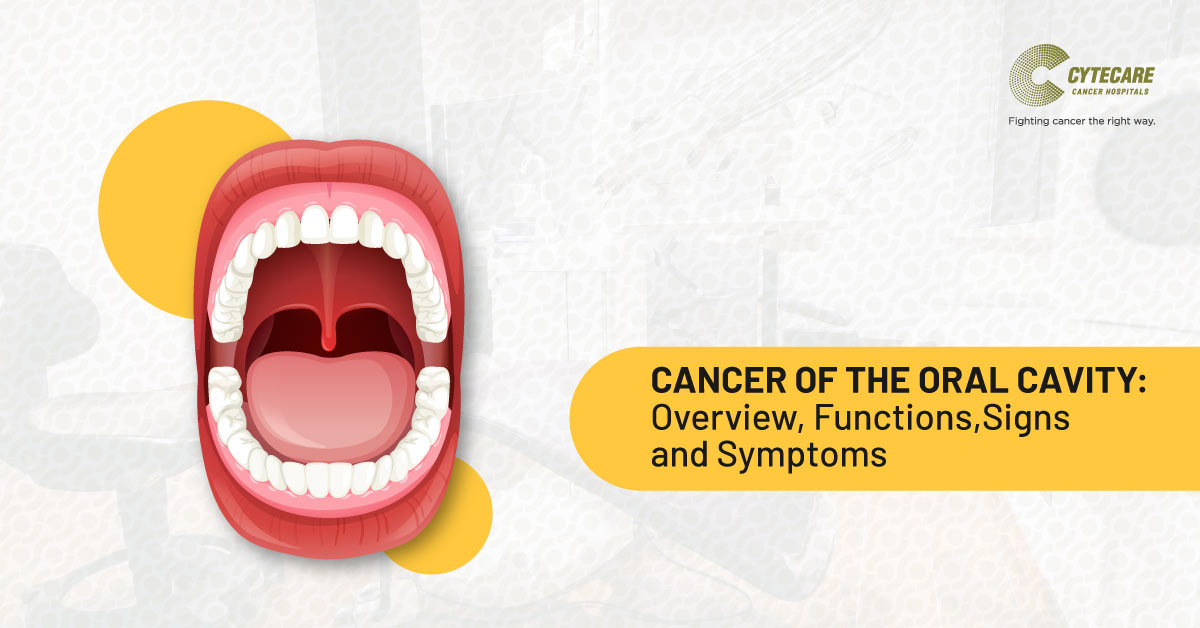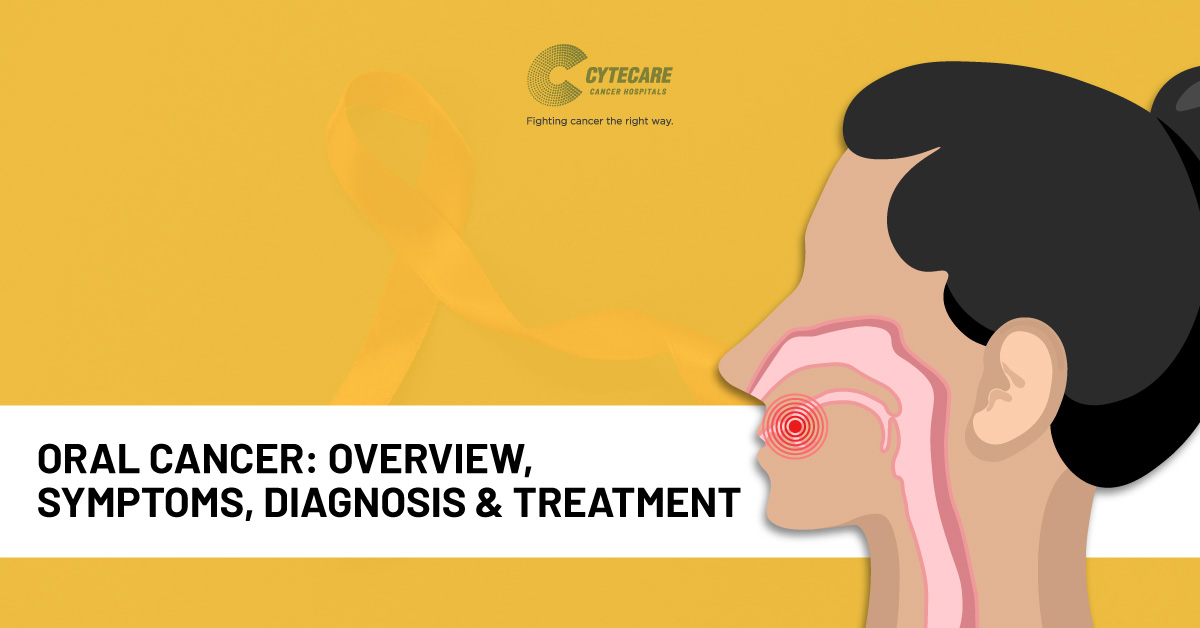
There are many different types of cancer named for the organ or tissue or cells in which they start. When cancer starts to form in the larynx, it is termed laryngeal cancer.
What is laryngeal cancer?
Laryngeal cancer is the type of cancer in which the cancer cells develop in the larynx. The larynx is made up of three parts, the Supraglottis (upper part including the epiglottis), the Glottis (the middle part that contains the vocal cords), and the Subglottis (the lower part which connects to the windpipe). Larynx cancer is a kind of throat cancer that can develop in any of the three parts of the larynx.
The American Cancer Society has stated that around 90 per cent of people affected with stage 1 glottis (part of the larynx) cancers survive for five years or more.
Laryngeal cancer causes and the risk factors involved?
Laryngeal cancer, like other cancer types, is caused when healthy cells undergo mutation or are damaged and continue overgrowing, thus forming lumps or mass of cancer cells. The damage to the healthy cells can be because of problems in immunity, damage due to heavy smoking or alcohol consumption, genetic conditions or a result of other risk factors.
Like every cancer, laryngeal cancer is caused by a mutation in the genetic composition triggered by certain elements. But there are certain risk factors predisposing to laryngeal cancer.
Anything that increases the risk of getting a disease (in this case laryngeal cancer) is termed a risk factor.
The risk factors involved in laryngeal cancer are:
- Smoking: Smoking is the number one cause of laryngeal cancer. When you smoke tobacco (cigarettes, pipes, cigars), the smoke from it passes through the larynx. This smoke contains chemicals that elevate the risk of developing laryngeal cancer.
- Alcohol: Consuming alcohol regularly increases the risk of laryngeal cancer. If smoking and drinking are done simultaneously (regularly) the risk elevates even further.
- Voice abuse: Long-term voice abuse like excessive shouting etc.
- Chronic infection of the larynx
- Dietary factors: A diet low in fruit and vegetables is also said to elevate the risk of laryngeal cancer.
- Other risk factors are family history, low immunity, inactive lifestyle, obesity, etc.
What does laryngeal cancer feel like?
Early signs or symptoms of laryngeal cancer might be similar to those of a cold, sore throat, persistent hoarseness in voice, etc. You might feel the presence of a lump in your throat, or a burning sensation while chewing or swallowing. It is important to consult your doctor if the symptoms persist.
Symptoms of laryngeal cancer:
- A sore throat that lasts for more than three weeks
- Change of voice
- Hoarseness of voice
- Pain when swallowing or trouble swallowing
- A cough that doesn’t go away
- A foreign body or sticking sensation in the throat
- Breathing problems
- A lump (mass) in the neck
- Sudden weight loss
- Blood in the spit or phlegm
If you are experiencing any of the above symptoms, then it is the right time to see a doctor or an oncology specialist.
Diagnosis of laryngeal cancer
The diagnosis of laryngeal cancer begins with a study of your symptoms, personal and family history. Once cancer is suspected, the doctor performs a laryngoscopy where small sets of mirrors or telescopes are used to examine the larynx. In case of any abnormalities, a biopsy is taken and sent to the laboratory for further examination.
If the results are positive, then the next step is staging to see how far the laryngeal cancer has spread. Oncologists use the TNM system to stage laryngeal cancer where T refers to the size of the primary tumor, N refers to how far cancer has spread in lymph nodes and M refers to whether cancer has spread into other organs or not.
Depending on TNM staging, your doctor will advise a CT scan or MRI scan or PET scan. These scans help the healthcare specialist to identify how much is the inner extent of laryngeal cancer.
Treatment options for laryngeal cancer
The treatment depends on the extent of the laryngeal cancer.
- Early Stage cancer is effectively treated using LASER or radiation therapy.
- The advanced stage requires a combination of chemotherapy and radiation.
- Very advanced-stage cancer is managed with Surgery and a combination of radiation and chemotherapy.
Laryngeal cancer treatment in Bangalore: Why choose cytecare cancer hospital?
At Cytecare we are “Fighting Cancer the Right Way” We provide highly specialized, modern diagnostic services, treatment and care for cancer as we understand that every cancer is different and should be treated differently. We have a tobacco cessation clinic where our specialists formulate a tobacco cessation plan which includes the best quitting techniques and prescribes medication (if necessary) for helping you and the people you care about to quit tobacco.
Guided by national as well as global protocols our multidisciplinary team of clinicians is highly qualified to help you fight cancer the right way. Give us a try!


